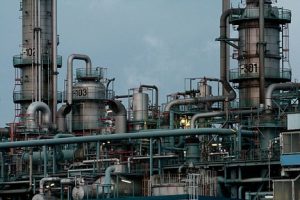Assessing the Costs of Owning a Factory
Wise investors learn to factor all costs into a new purchase.
Any investor has considered purchasing a small but growing American company, and most of those investors seek the stability of owning a factory. Factories are usually located in parts of the US that have low tax rates, and they often have decent returns if you know how to manage them. The trouble is calculating costs, which might not be as simple as observing output. What about upgrades, personnel, and other factors?
Upgrades
If you’re unsure of the last time the factory received an upgrade, you might need to factor in the cost of construction turnaround services when you purchase the building. They can outfit your structure with better machinery, improving efficiency and ensuring a longer lifespan for the company. Plus, that increases the value at a more affordable cost than expanding locations.
Personnel
Will you embrace automation or cut costs on workers? How will that affect your bottom line? Automation is expensive to pay for upfront, so you’ll need cash to cover those upgrades. Human resources can be cost-effective when viewed in that light, but they are an expense that never goes away. These tradeoffs are crucial when you’re evaluating a business for sale.
Other Factors
What about injuries, or disputes that arise over new projects? Private mediation can help reduce court costs, but what if supply costs skyrocket suddenly? You need to view the market as a whole, not just the industry that you will produce for. Still, owning a factory that has regular buyers for its products can be profitable and stable income.
Related Article: 4 Important Tips For Buying Investment Properties
Related Article: The Industrial Revolution – Yale University
Lyle Charles Consulting has more than 25 years of experience in construction claim analysis for both residential and commercial projects.